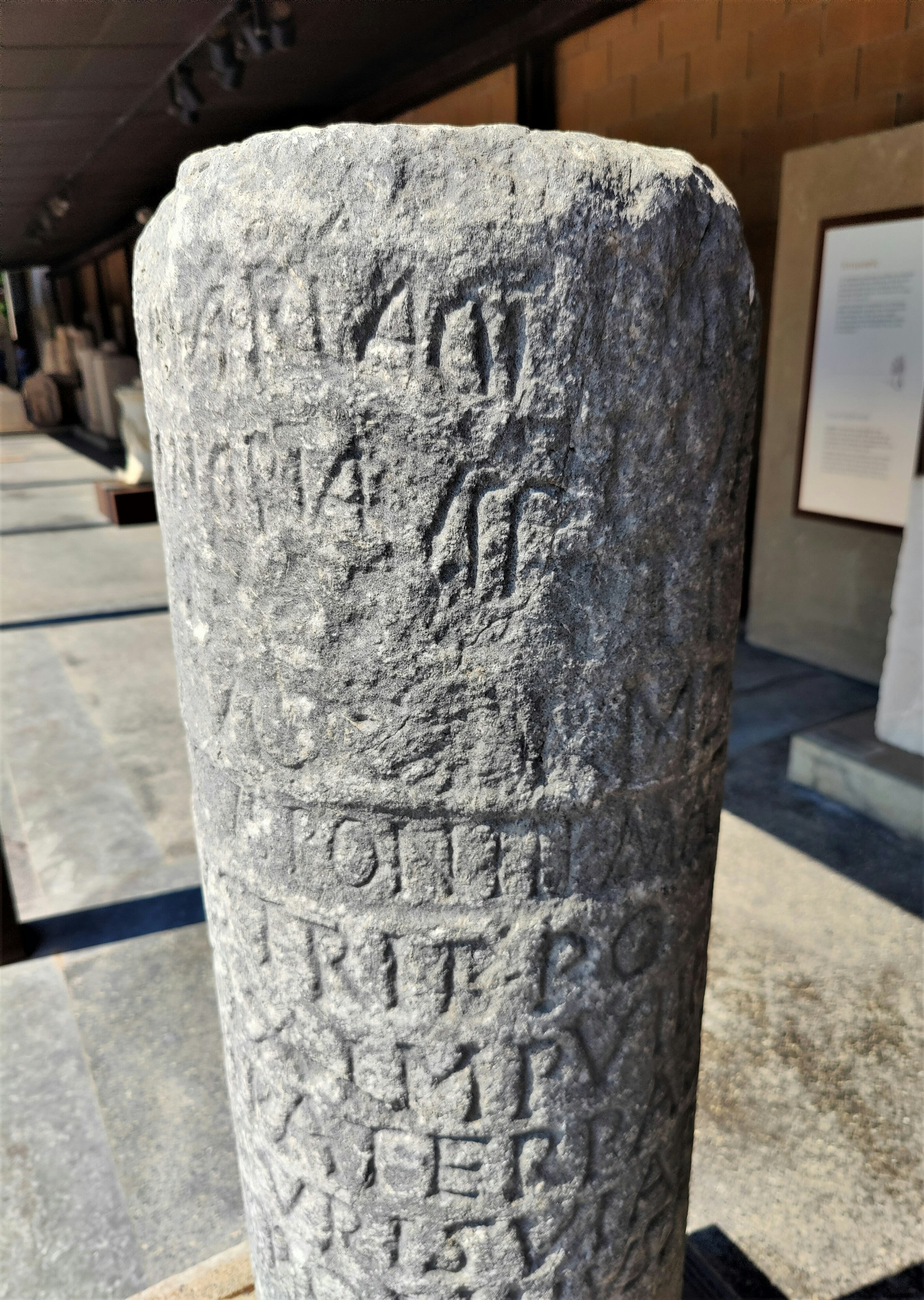Discover Thiva: Local Dishes, Top Restaurants, and Recipes
Explore Thiva's culinary scene: local dishes, top restaurants, & authentic recipes in a complete guide to this Greek gem.

Discover Thiva: Local Dishes, Top Restaurants, and Recipes
Nestled in the heart of Greece, Thiva, also known as Thebes, is not only steeped in ancient history but also rich in culinary traditions. The local cuisine of Thiva offers a delectable blend of fresh ingredients, traditional recipes, and timeless flavors. Let's embark on a culinary journey to explore the dishes, restaurants, and recipes that make Thiva a gastronomic delight.
Local Dishes
The culinary landscape of Thiva is characterized by a variety of traditional dishes that highlight the region's agricultural abundance and culinary heritage. Here are some of the must-try local dishes:
- Moussaka: This iconic Greek dish features layers of eggplant, minced meat, and béchamel sauce, baked to perfection. The Thivan version often includes a unique blend of local spices.
- Stifado: A hearty stew made with beef, onions, tomatoes, and a hint of cinnamon. This dish reflects the blend of influences from various Greek regions.
- Soulvaki: Skewered and grilled meat, typically served with pita bread, fresh vegetables, and tangy tzatziki sauce.
- Tigania: A flavorful dish made with sautéed pork in a lemon and white wine sauce, often served with a side of fresh bread for dipping.
- Gemista: Vegetables like tomatoes and bell peppers stuffed with a savory mixture of rice, herbs, and sometimes minced meat.
Historical Context of Thivian Cuisine
The culinary traditions of Thiva are deeply rooted in the region's historical and agricultural background. As a prominent city-state in ancient Greece, Thiva has a rich history intertwined with its culinary practices. The fertile plains around Thiva have supported agriculture for millennia, providing a bounty of fresh vegetables, fruits, and grains. The use of olive oil, honey, and wine in Thivian cuisine dates back to ancient times, when these ingredients were central to both daily meals and religious offerings.
Influence from neighboring regions and the blending of culinary techniques over centuries have also shaped Thivian cuisine. The presence of Byzantine, Ottoman, and Venetian cultures has introduced diverse flavors and cooking methods to the local gastronomy.
Top Restaurants in Thiva
Thiva is home to numerous restaurants that offer a getaway into the world of authentic Greek cuisine. Here are some top-rated choices that you should not miss:
- Taverna To Steki: Known for its warm hospitality and traditional recipes passed down through generations, To Steki offers a range of classic Thivian dishes in a cozy setting.
- O Platanos: Set under a large plane tree, this restaurant offers an extensive menu featuring local favorites and fresh seafood.
- To Kastellano: Located near the Theban Acropolis, To Kastellano offers breathtaking views alongside its delectable dishes. Known for its lamb and beef specialties.
- Almyriki: A modern eatery that combines traditional Greek flavors with contemporary culinary techniques. Their moussaka and seafood dishes come highly recommended.
- Mezedopoleio Nopoulos: This charming restaurant specializes in meze, small plates perfect for sharing, and offers a broad selection of local wines.
Traditional Recipes
For those who wish to bring the flavors of Thiva into their own kitchen, here are some traditional recipes:
Moussaka
Ingredients:
- 2 large eggplants
- 500g minced beef or lamb
- 1 onion, finely chopped
- 2 cloves garlic, minced
- 400g canned tomatoes
- 2 tbsp tomato paste
- 1 tsp ground cinnamon
- 1/2 cup red wine
- 1/4 cup olive oil
- Salt and pepper to taste
- 1 cup béchamel sauce
- 1 egg
- 1/2 cup grated Parmesan cheese
Instructions:
- Slice the eggplants, sprinkle with salt, and let sit for 30 minutes to remove excess moisture. Rinse and pat dry.
- In a large pan, heat olive oil and sauté the eggplant slices until golden brown on both sides. Set aside.
- In the same pan, add chopped onions and garlic, and sauté until translucent. Add the minced meat and cook until browned.
- Add tomato paste, canned tomatoes, red wine, ground cinnamon, salt, and pepper. Simmer for 15-20 minutes until the mixture thickens.
- In a baking dish, layer the eggplant slices and meat mixture. Repeat until all ingredients are used.
- Mix the béchamel sauce with the egg and pour over the layered ingredients. Sprinkle with grated Parmesan cheese.
- Bake in a preheated oven at 180°C (350°F) for 45-50 minutes, until the top is golden brown.
- Let it cool for a few minutes before serving.
Tigania
Ingredients:
- 500g pork shoulder, cut into bite-sized pieces
- 1/4 cup olive oil
- 1 onion, finely chopped
- 2 cloves garlic, minced
- 1/2 cup white wine
- Juice of 1 lemon
- 1 tbsp oregano
- Salt and pepper to taste
Instructions:
- In a large skillet, heat olive oil over medium heat.
- Add the chopped onion and minced garlic, sauté until fragrant.
- Add pork pieces and cook until browned.
- Pour in white wine and cook until it evaporates.
- Add lemon juice, oregano, salt, and pepper. Stir well.
- Cook for another 5-10 minutes, until the sauce thickens slightly.
- Serve hot with fresh bread.
Local Anecdotes and Interesting Facts
Thiva, the birthplace of the mythical hero Hercules, has countless stories and legends tied to its history. The importance of food in Thivan culture is reflected in ancient texts and archaeological findings. For instance, barley, which is a staple in many local recipes, was considered sacred and was used in religious rituals in ancient Thiva.
Another interesting fact is the local tradition of communal feasting during festivals. During the annual feast of Saint John, the locals prepare and share large quantities of traditional dishes, bringing the community together in celebration.
Thiva's culinary heritage is not just confined to traditional recipes but also extends to modern gastronomy. Several local chefs have gained recognition by blending ancient flavors with contemporary techniques, contributing to the continuous evolution of Thiva's culinary scene.
